How TV News Can Help Save the Planet
Television stations should take the lead on transforming the global climate story into a local one.
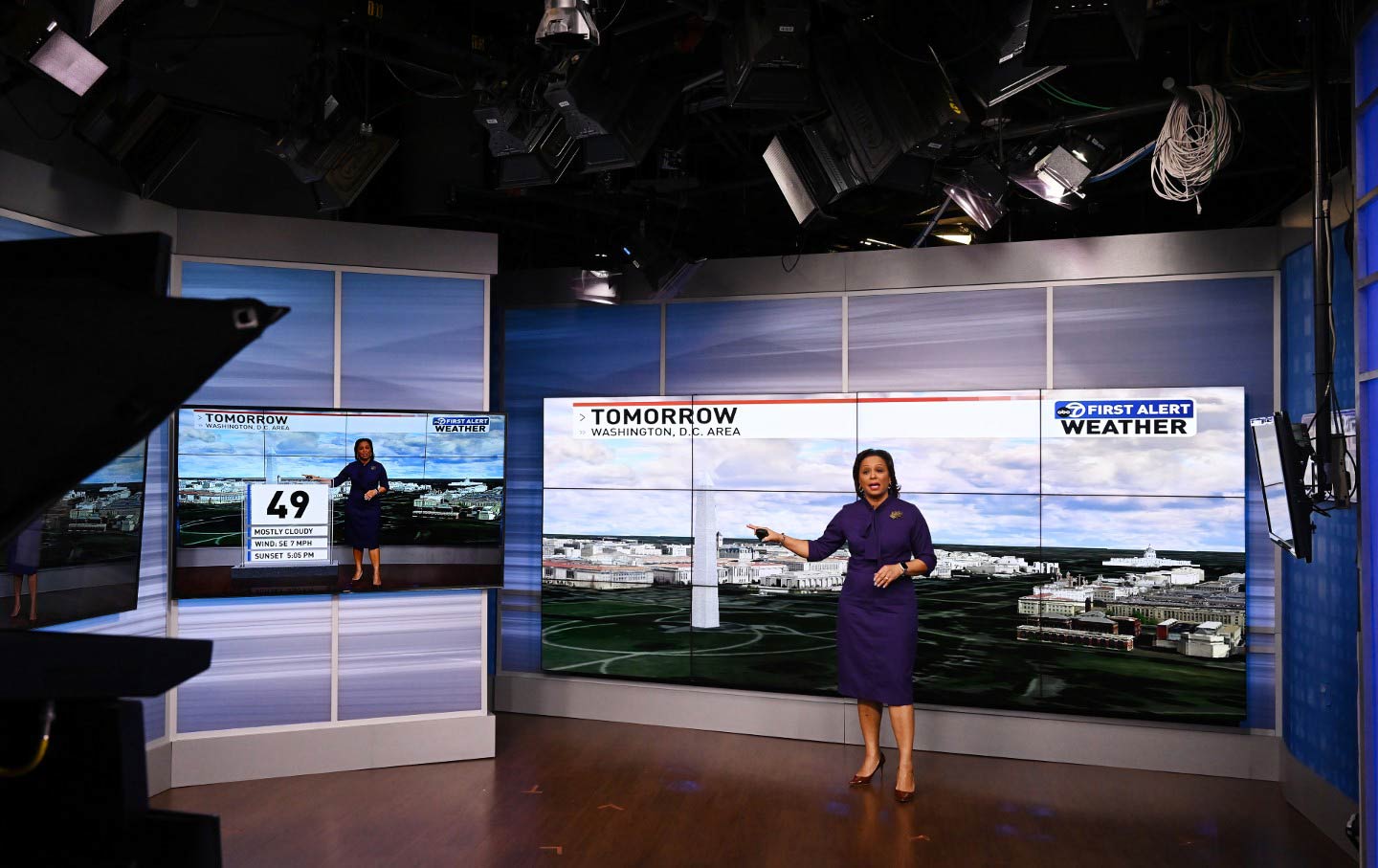
At this week’s COP28 climate meeting in Dubai, the focus will rightly be on the state of the planet. A record number of delegates—some 70,000 people, including heads of state—will be haggling over ways to curb carbon and methane emissions as the warmest year in earth’s history comes to a close. Much of the talk will focus on the details of the climate emergency—tenths of degrees of warming, or billions and billions of dollars in aid needed for people on the front lines.
It can all seem a bit theoretical for local reporters, particularly on television and particularly in the United States, where the climate crisis is too often seen as a creeping disaster most likely to show up somewhere else. This perception—that climate stories are complicated, academic, and optional for a local press with more pressing demands—remains a dangerous impediment to better coverage.
In response, we’d ask reporters across the country—and their bosses—to take a closer look at a government report released earlier this month that warrants more attention than it received. The National Climate Assessment is compiled every four years by agencies across the government at the direction of Congress; its findings provide a snapshot of the state of the climate crisis across the country.
This year’s findings were the starkest yet. (The Trump administration buried the last report, in 2018, downplaying its findings and publishing it the Friday after Thanksgiving.) Not only did the current assessment make plain that the window was closing to avert the worst effects of a warming planet—and that the United States was woefully behind other nations in implementing solutions to the problem—but it emphasized that the US is not immune to the gathering crisis: The assessment argues bluntly that no community in America is going to escape the effects of climate change, which are already here. In the Southeastern US, hurricanes are intensifying; drought is parching the Midwest even as extra heavy rains are hurting farming; and fires are burning through the West, putting frontline communities at disproportionate risk. “Too many people still think of climate change as an issue that’s distant from us in space or time or relevance,” Katharine Hayhoe, an atmospheric scientist (and contributor to a recent webinar from Covering Climate Now) told The New York Times. “Climate change is affecting us here, in the places where we live, both now and in the future.”
The assessment brought that point home, offering up what is essentially a road map for local reporters. Gone is the argument that the climate story is one that affects other people.
The assessment also shows that while every community is affected, not everyone within each community feels the effects the same. Poorer communities tend to be hotter, as they lack air conditioning and green space; communities of color are more likely to be located in areas more vulnerable to flooding; the loss of fisheries and farming due to rising temperatures impacts the most economically vulnerable.
No one is better suited to tell these stories than local reporters. As newspapers have folded and digital news deserts have spread, local television remains a vital part of the news ecosystem. In surveys on media trust, local television consistently outranks the national press, making it a critical part of the media solution to the climate story.
The questions for local stations across the country, then, are these: Are you telling the story of the climate as it affects your community? Are you focusing on the people most affected? Are you looking for government agencies, businesses, and community leaders offering solutions?
American journalism is, finally, waking up to the climate crisis unfolding around us. More newsrooms are doing more and better coverage and giving it more play. But too often, that progress is confined to the big, well-resourced national newsrooms with the budgets to hire climate reporters and send them around the world to do their jobs. We’re grateful they are on the case.
But they are not where most Americans get their news. That, still, is television. Local reporters have an opportunity to lead the profession on a story that we think will define journalism’s legacy.
For months now at Covering Climate Now, we have been offering climate training, for free, to TV reporting teams across the country, most of them owned by the big television networks. Now, we’re expanding that effort, rolling out an initiative called the Climate Station, a training program to equip local stations to better cover a crisis that is hitting their own communities. The project includes training sessions, as well as ongoing feedback and support.
The state of the world will be on our minds as delegates begin their work in Dubai this week. It’s critical that progress is made there. But there’s also more than enough work to do for every reporter in America, in covering stories happening in their own backyards.
More from The Nation
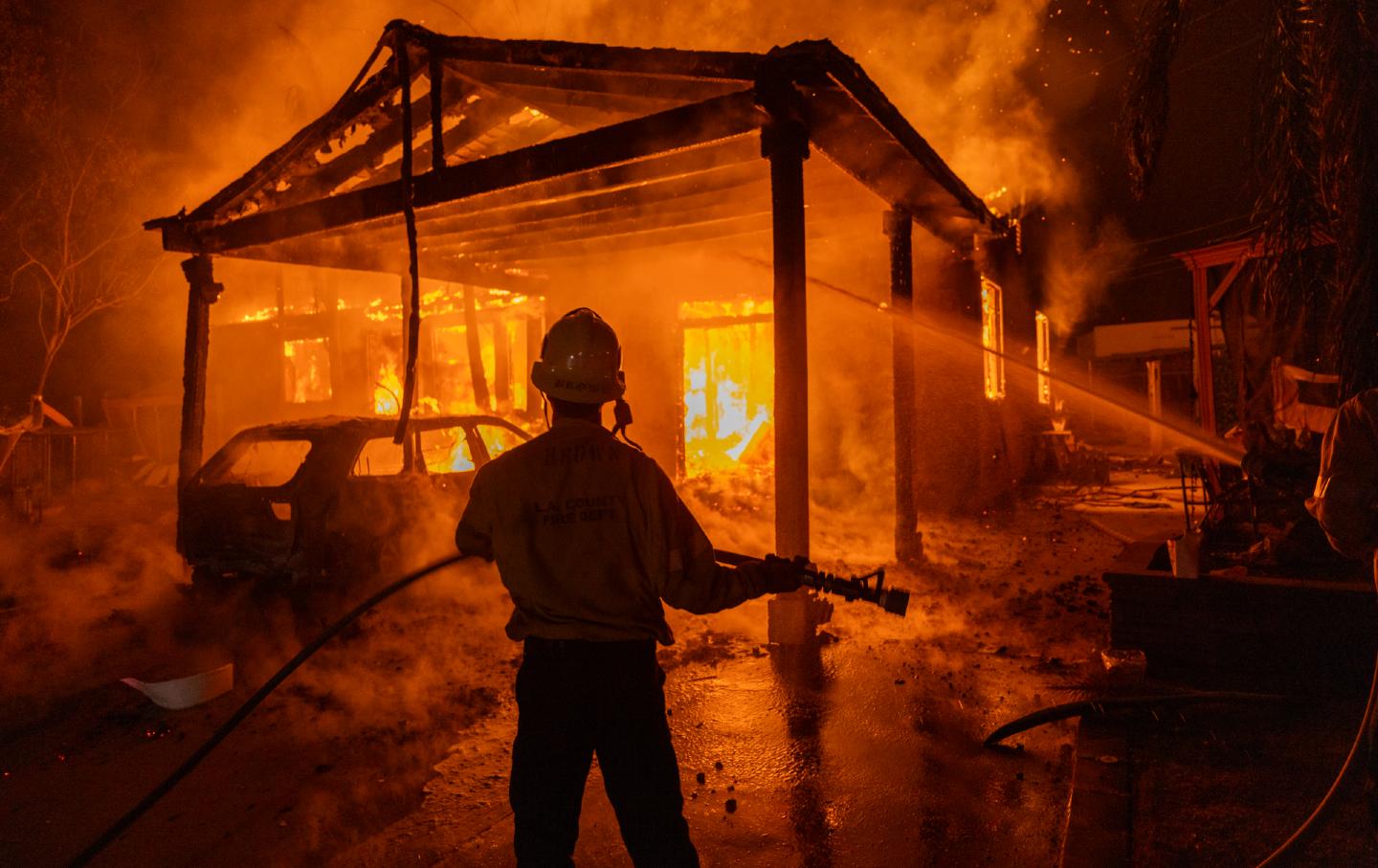
Climate Hushers Need to Get Real Climate Hushers Need to Get Real
Political realism doesn’t outweigh scientific realism.
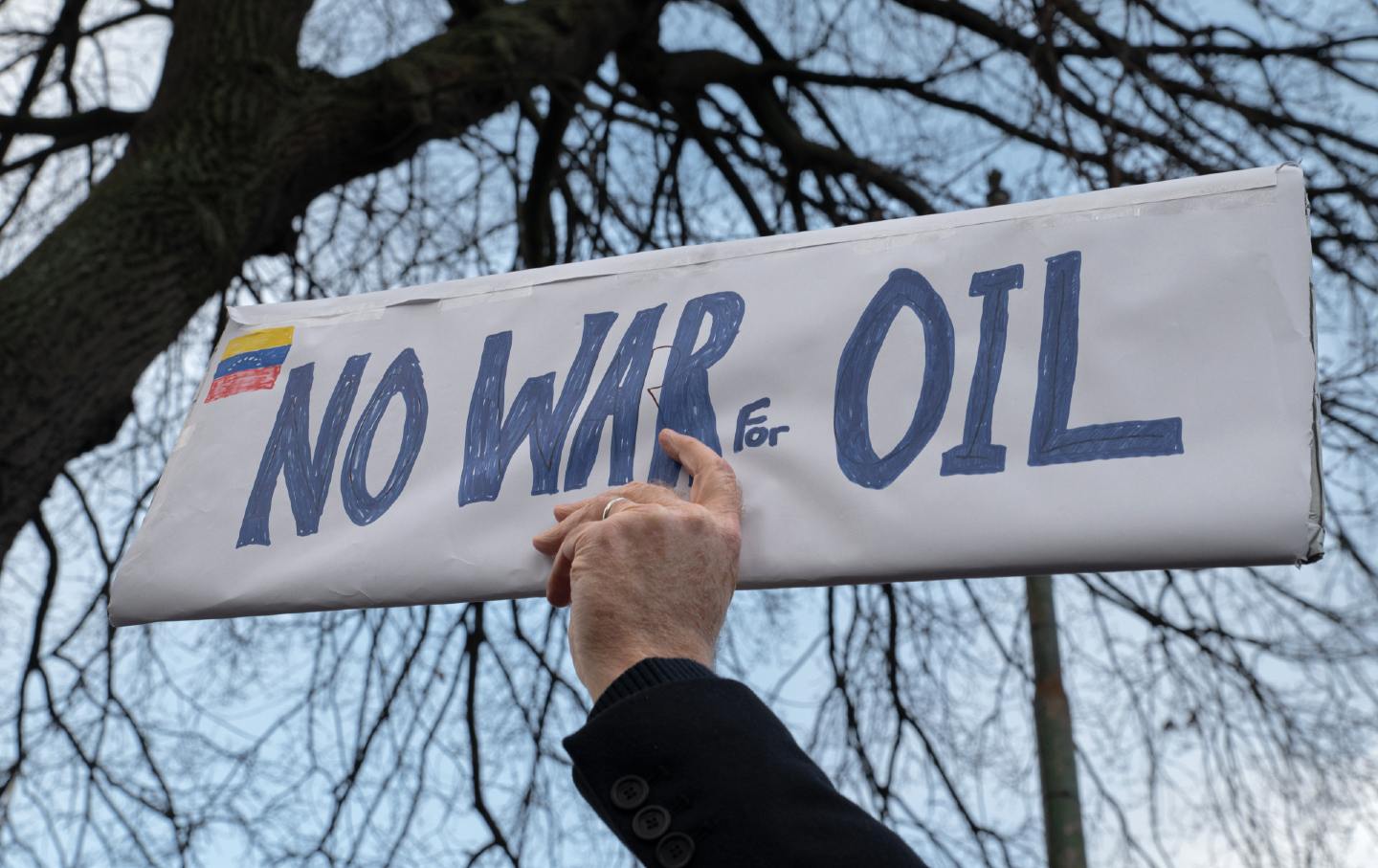
The US Is a Violent Petro-State The US Is a Violent Petro-State
Trump’s attack on Venezuela illustrates fossil fuels’ many perils.

Backsliding in Belém Backsliding in Belém
Petrostates at COP30 quash fossil fuel and deforestation phaseouts.

Indigenous Activists to COP30: “We Will Fight to the Death” Indigenous Activists to COP30: “We Will Fight to the Death”
Indigenous people lead COP30 protests against agribusinesses that “want to take everything.”
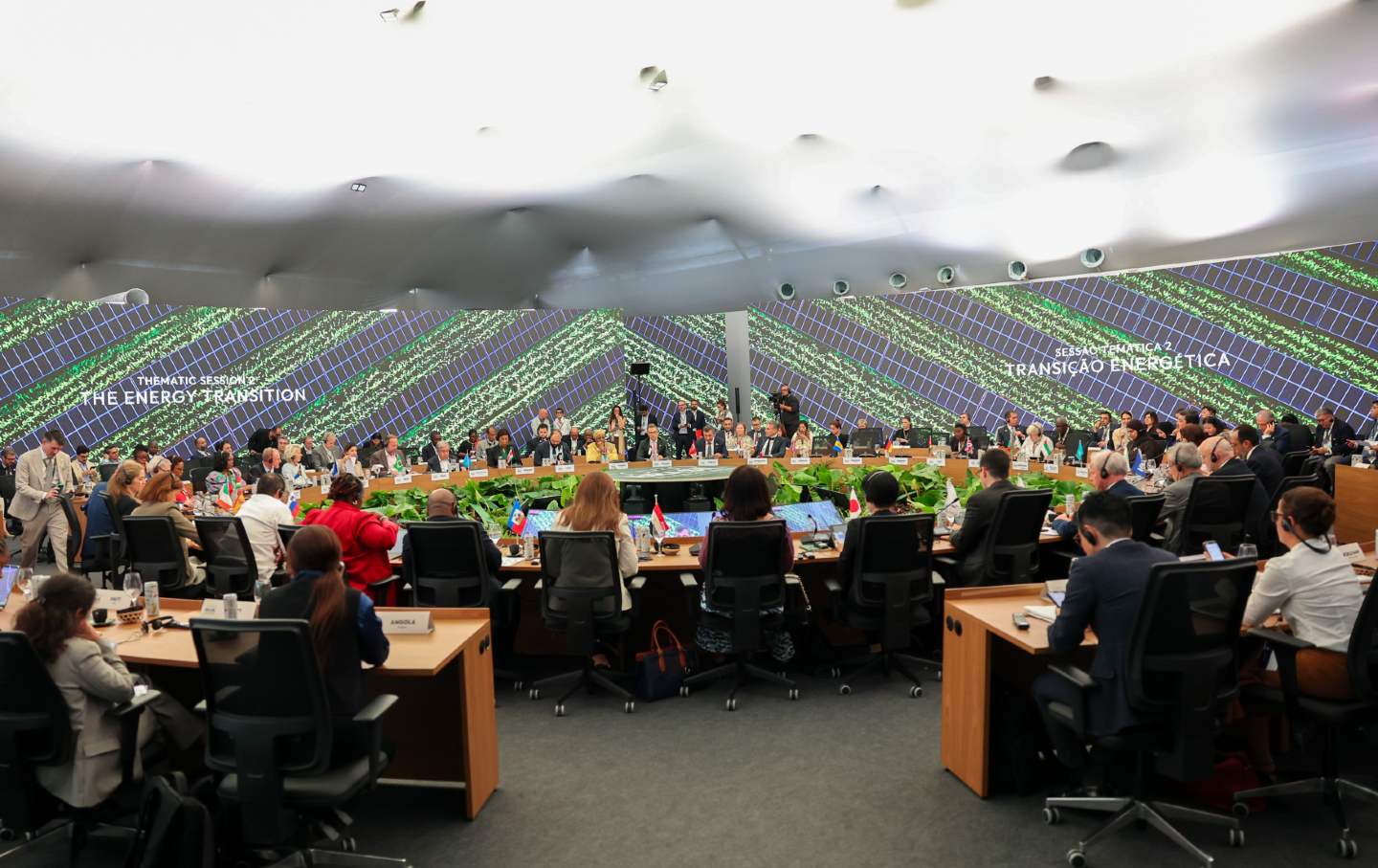
Global Leaders Are Glad the US Isn’t Attending COP30 Global Leaders Are Glad the US Isn’t Attending COP30
Momentum behind decarbonizing the global economy has built to the point where it is inevitable—with or without the United States.
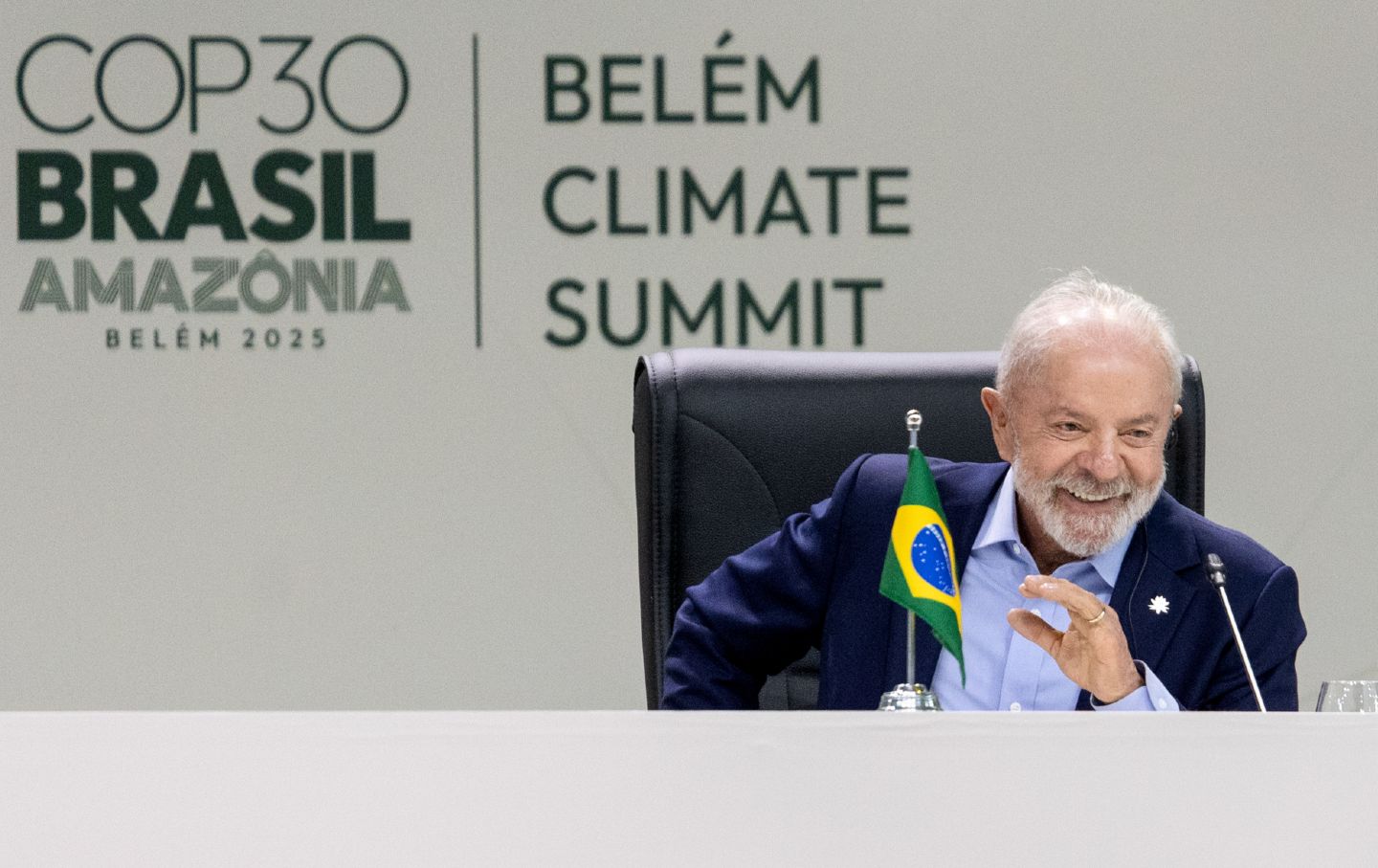
At COP30, Will Lula Be a Rain Forest Champion? At COP30, Will Lula Be a Rain Forest Champion?
During this term, Brazil’s president has reduced deforestation but he is government is pushing projects that would open up the Amazon to extractivism.


